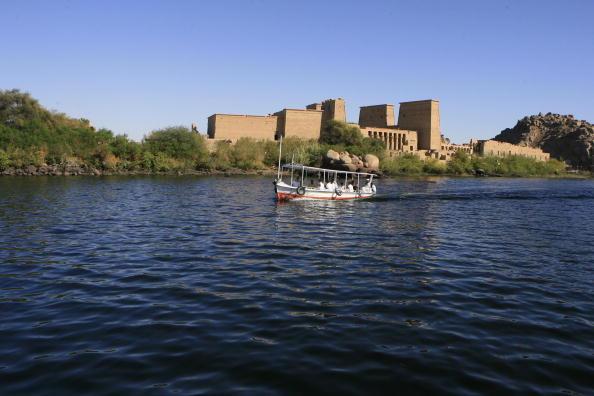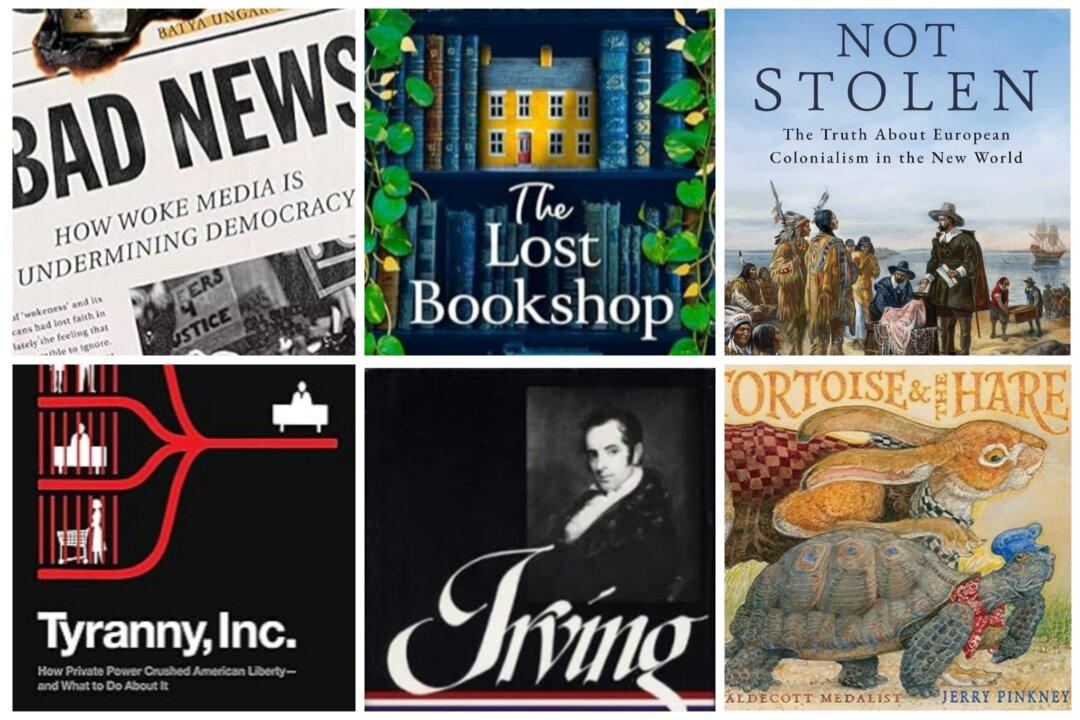Years ago, I visited Egypt. The pyramids are, of course, awesome in their ancient majesty and mystery. The Nile River, winding its way through the arid desert lands, is the longest in the world. Like the pyramids, its history spans millennia. The river’s gift for centuries has been the fertile floodplain it created. The great civilization of Egypt was able to thrive and flourish from its rich shores.
When I was there, the waters were brown and cloudy and crowded with boats and people. But the majesty of it cannot be overstated, as it is so life-giving to so many.






